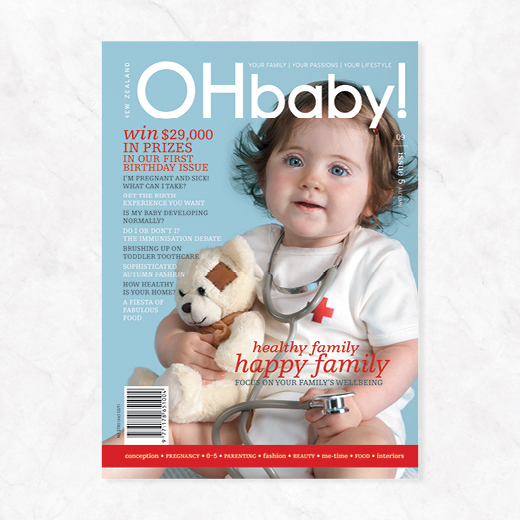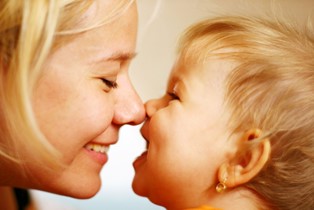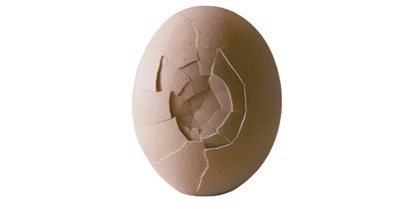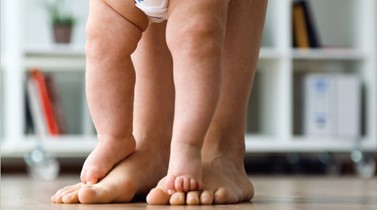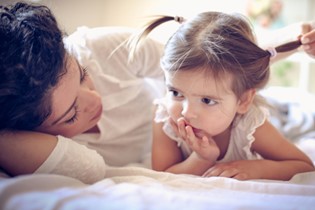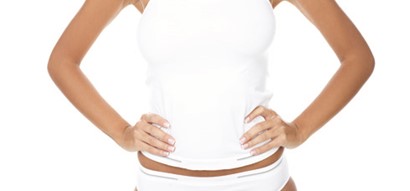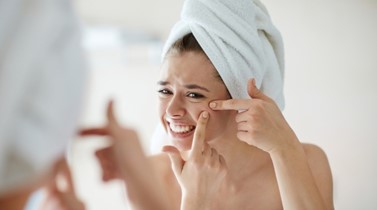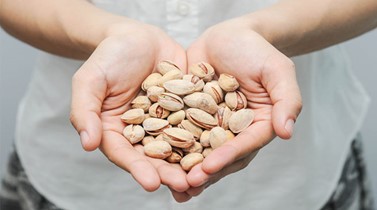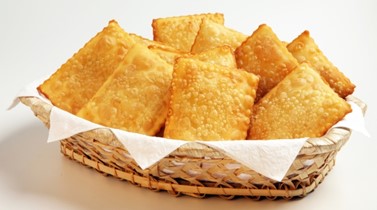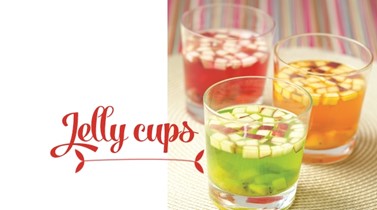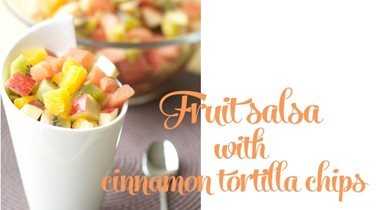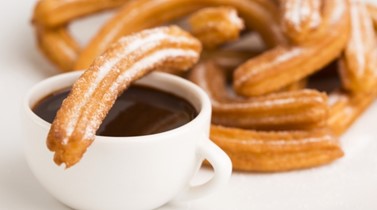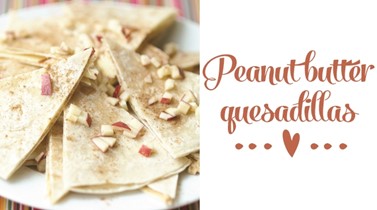Tooth or consequences: why dental health is so important
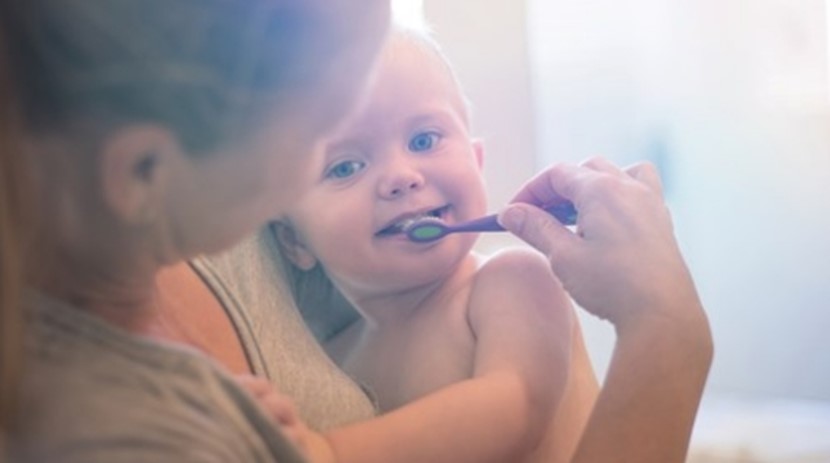
From the moment your child gets her first tooth, you need to start thinking about her dental health.
I've never been very good at recording my daughter's "firsts". Her baby journal is mostly blank, and I have to refer to my midwife's notes in her Plunket book to remember what time of day she arrived in the world. The first couple of months of her life are a dreamy haze in my memory. Actually, I was so sleep-deprived I could barely spell my name, let alone faithfully record my child's inaugural smile, solid food, steps, and so on.
But there is one set of information I'm quite proud I persevered in keeping track of - her teeth. From the day her bottom left front tooth appeared, each of her 20 baby teeth are recorded right there on page 72 of her Plunket book. The final left molar came in last, and I put down my pen with a sense of accomplishment. History will never know when my daughter first called me "Mama", but her teeth - they're all written down, in black and white.
You see, my own teeth aren't the greatest. God bless expensive, extensive dental work for making them last as long as they have. As a child, I could have cared less about brushing and flossing, and as an adult, I'm paying for it (literally - between braces and dental work, I've probably spent close to $20,000 on my teeth so far). So I have every reason to be concerned about my child's dental health. You should be, too.
Why dental health is so important
"Oral health is about much more than having good teeth. It is critical to good health and wellbeing for children and in adulthood," wrote Kevin Hague in his foreword to a 2003 report to the Minister of Health on improving dental health in New Zealand children. Having clean teeth is important, sure - maintaining good dental health results in fresh breath, a sparkling smile, and a significant savings in the wallet. But good dental health is an indicator of much more than good brushing habits. Your child's teeth act as a sort of "health barometer", giving outsiders a quick picture of his overall health and wellbeing. They also help your child to speak, and to eat, as well as acting as "placeholders" for adult teeth.
Babies usually get their first 20 teeth - called baby teeth, primary teeth, or milk teeth - at around six months of age. By the age of two, your child should have most of their primary teeth. In the beginning, you'll notice when these teeth show up (usually because your little one is irritable, drooly, and gnawing on everything in sight), but by the time those last few struggle forth, you might not have even realised they were coming in, as the teeth in the back aren't as easy to see as the ones in the front!
From the moment that first tooth breaks through your child's tender, swollen gums, it's at risk of dental caries (decay, also known as cavities). Research has found that an average of 48% of five-year-old New Zealand children have experienced dental caries. International research indicates that this figure should be around 10 to 20%. Early childhood dental caries have been identified as the leading health problem in children under the age of five in New Zealand. Not meningitis, not chicken pox, not glue ear - dental caries.
The basics of brushing
Even babies can get used to having their teeth cleaned. Wrap a soft, wet facecloth around your finger and gently rub your baby's gums and tooth buds. As he gets older, look for a special soft baby toothbrush and rub it gently over your baby's first few teeth.
Toddlers should have their teeth brushed twice a day, in the morning and evening. You should use a soft, age-appropriate toothbrush and a pea-sized amount of fluoride toothpaste.
The Ministry of Health guidelines recommend that you teach your child to spit out excess toothpaste, but not rinse their mouths, as rinsing washes fluoride toothpaste off of the teeth. Not rinsing after brushing will help with the protective effects of the toothpaste. Since you are only using a pea-sized amount of toothpaste anyway, there shouldn't be any need to rinse.
You need to brush your child's teeth for two full minutes. This can be a long time to a toddler - get a kitchen timer and keep it in the bathroom for just this occasion. Toothbrushes should be replaced every two to three months, or when you start to notice the bristles getting bent and worn out.
Checking with the experts
Most dental health experts agree that children should start visiting a dental therapist for professional assessment at around the age of two-and-a-half. In some district health boards, children are enrolled with the local dental clinic even earlier (my daughter first visited the dental nurse at 18 months). After their first visit to the dental clinic, children should have regular 12-monthly checkups.
As a parent, it's your responsibility to contact your local dental clinic to find out when your child should be enrolled, and to make an appointment to come in. Many primary schools have dental clinics attached to them, and basic dental care is free for children from birth until the end of their Year 8 schooling. Your own dentist may also care for children's oral health, but check with them first to see if they provide free dental treatment to children, as the majority of private dentists do not.
Taking your child to the dental clinic early in life will help to acclimate them to the environment, tools, and experience of having their teeth checked. While you may personally have horror stories of the "murder house", it is not at all helpful to pass these terrible tales on to your children. Make a conscious effort to model a positive attitude to your child when it comes time to visit the dental clinic.
Letting them fly solo
When you've spent so much of the first few years of your child's life cleaning up after him, it's only natural to wonder when he'll finally be ready to brush and floss his teeth on his own. Unfortunately, there is no hard-and-fast answer to this. Much like toilet-training, when your little one can be trusted to do things properly teeth-wise is dependent on them as individuals. My three-year-old can wield a toothbrush quite well, but she doesn't do a very good job of brushing. She knows, from watching me, that the toothbrush goes into her mouth and you swish it from side to side and up and down… But that's the extent of it, so I have to do the job for her. My friend's five-year-old, on the other hand, does a pretty decent job of brushing his teeth, although he finds flossing to be a bit intimidating and has to get his mum to handle that part of things.
From an early age, give your child a toothbrush to hold while you are brushing their teeth. As they get older (and more insistent on holding the brush themselves!), model good dental hygiene to them. Let them watch while you brush your own teeth, and let them try to brush them for you (toddlers love this).
Good dental health goes hand-in-hand with good dietary practices. If your child is eating a nutritious, low-sugar diet, this will help improve his dental health and reduce the risk of dental caries. Choose healthy, sugar-free snacks and drinks, and try to avoid processed foods. If you give your child fruit juice, water it down or give it a miss altogether, and don't give him fizzy drinks, cordials, or sports drinks. Also, never allow your child to go to bed with a bottle of juice or milk. Small amounts of juice or milk can pool in the mouth around teeth and contribute to decay. Water is the best drink for your child's health, dental and otherwise.
If your child uses a dummy, the New Zealand Dental Association recommends you discontinue this by two years of age.
As a parent, you have a unique opportunity to set your child up, health-wise, for life by paying attention early on to their dental health. So when your baby is a teenager with a pierced nose and spiky hair, refusing to get out of bed before noon and wearing the same sloppy clothes five days in a row, you can sigh to yourself, "Well, at least he takes care of his teeth."

AS FEATURED IN ISSUE 5 OF OHbaby! MAGAZINE. CHECK OUT OTHER ARTICLES IN THIS ISSUE BELOW
